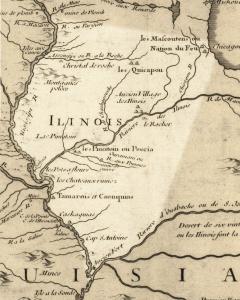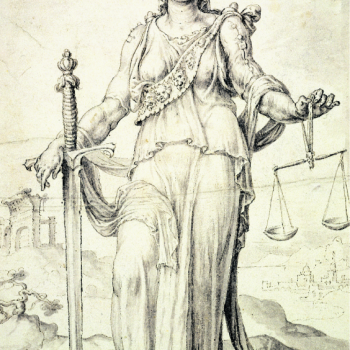With the convictions of Paul Manafort and Michael Cohen topping the news, it may have slipped past many of us that the “Trump administration has moved to formally replace the Clean Power Plan, an environmental regulation that former President Barack Obama once lauded as the single-most important step America has ever taken to fight climate change.” [1] According to NPR, this “proposal, called the Affordable Clean Energy Rule, would give individual states more authority to make their own plans for regulating greenhouse gas emissions from coal-fired power plants.”
That, of course, will result in a variety of regulatory regimes. States where coal is an important part of the economy will likely have lighter restrictions than other places, as will states governed by those who seem to have their doubts that carbon dioxide is really a greenhouse gas. What does not seem to be of concern is that the states that have little or no restrictions on the use of coal will be able to bring adverse causality on states where the politicians care about the world their grandchildren will live in. CO2 emissions don’t respect state boundaries. And global warming is called that because it is global.
 Subsidiarity is a good thing. It is an intrinsic part of Catholic social teaching.
Subsidiarity is a good thing. It is an intrinsic part of Catholic social teaching.
“’Just as it is gravely wrong to take from individuals what they can accomplish by their own initiative and industry and give it to the community, so also it is an injustice and at the same time a grave evil and disturbance of right order to assign to a greater and higher association what lesser and subordinate organizations can do. For every social activity ought of its very nature to furnish help to the members of the body social, and never destroy and absorb them’.
“On the basis of this principle, all societies of a superior order must adopt attitudes of help (‘subsidium’) — therefore of support, promotion, development — with respect to lower-order societies. In this way, intermediate social entities can properly perform the functions that fall to them without being required to hand them over unjustly to other social entities of a higher level, by which they would end up being absorbed and substituted, in the end seeing themselves denied their dignity and essential place.” [2]
 But the proper application of subsidiarity is not a jurisdictional issue, much less an arbitrary one. It is an injustice “to assign to a greater and higher association what lesser and subordinate organizations can do.” But it is not an injustice to assign to the greater and higher association what the lesser and subordinate organizations cannot do. And because air pollution impacts places beyond the localities and states where it occurs, it must be regulated by an authority that transcends those boundaries.
But the proper application of subsidiarity is not a jurisdictional issue, much less an arbitrary one. It is an injustice “to assign to a greater and higher association what lesser and subordinate organizations can do.” But it is not an injustice to assign to the greater and higher association what the lesser and subordinate organizations cannot do. And because air pollution impacts places beyond the localities and states where it occurs, it must be regulated by an authority that transcends those boundaries.
The climate doesn’t just impact one state, or really even one nation. As Pope Francis pointed out in his encyclical Laudate si, the “climate is a common good, belonging to all and meant for all. At the global level, it is a complex system linked to many of the essential conditions for human life.” (Ibid, §23) [3]
At the end of the day, even national legislation won’t be enough. This problem will only be solved, if at all, through the auspices of enforceable international treaties. But turning over regulation of coal-fired power plants to the states is exactly the wrong direction to go.
The icon of St. Joseph the Worker is by Daniel Nichols.
Listen to Christian Democracy on live internet radio on Tuesdays at 10:30 p.m. Eastern time at WCAT Radio here, or listen to the podcast here on the Christian Democracy Patheos blog.
Please go like Christian Democracy on Facebook here. Join the discussion on Catholic social teaching here.












